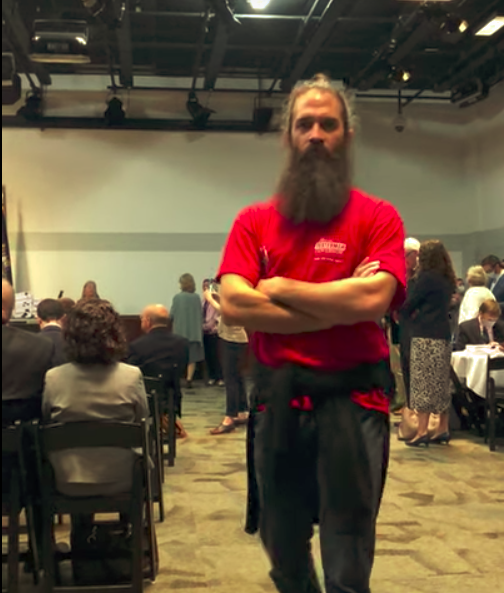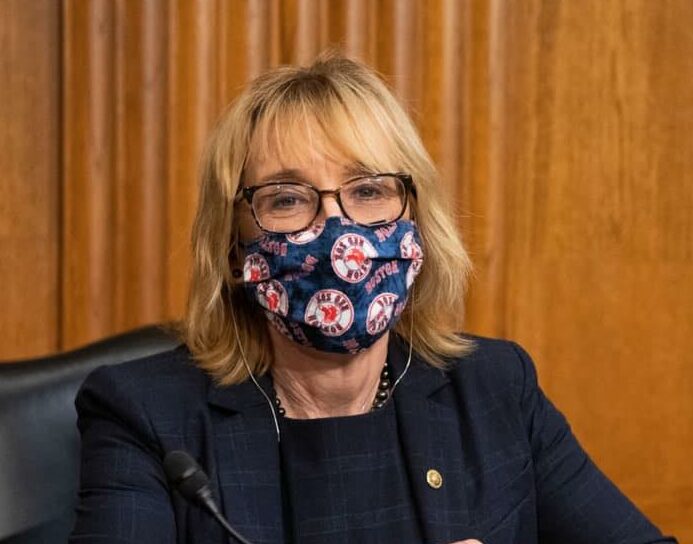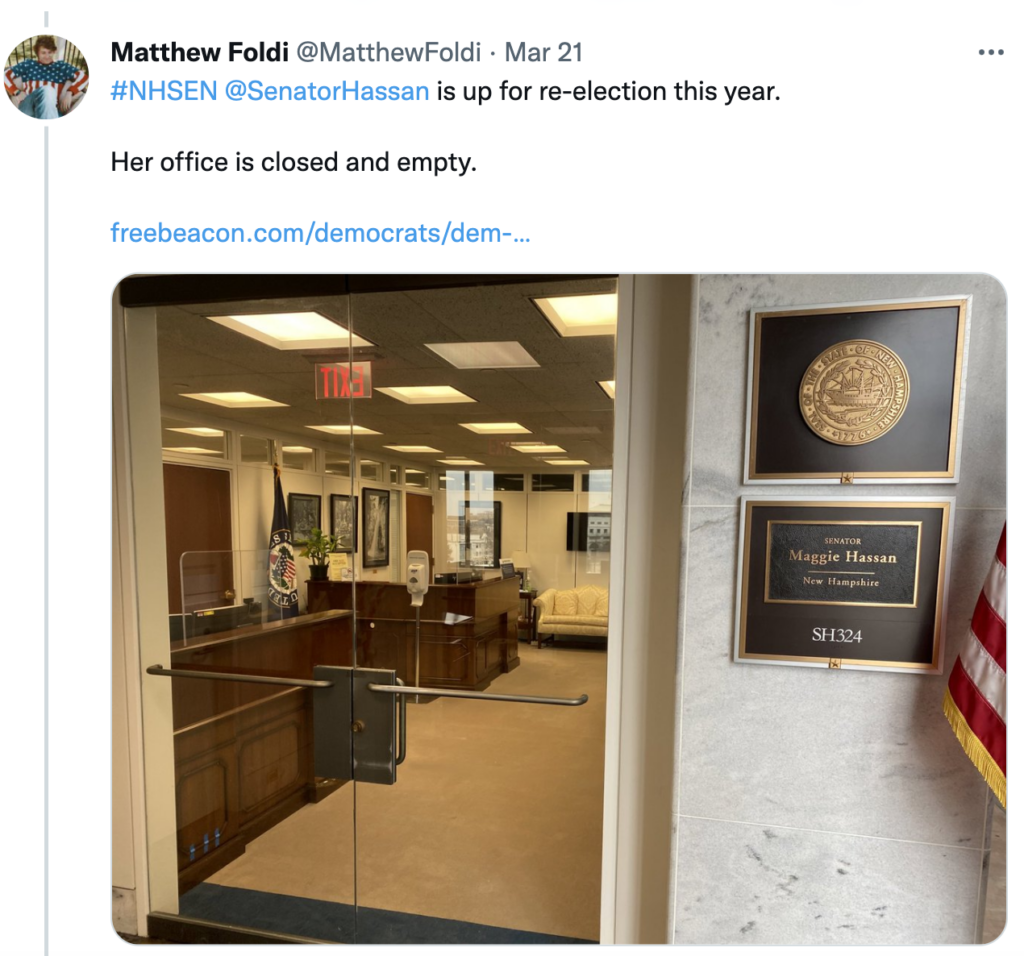AG Formella Joins Effort to Hold Airlines Accountable

New Hampshire Attorney General John Formella is joining 37 other state attorneys general in calling on Congress to give states the ability to hold airlines accountable when traveler complaints skyrocket.
“From oversold flights to operational disruptions, too often we see airlines shifting their problems onto their passengers,” Formella said Wednesday.
Formella is part of a bipartisan group of attorneys general who signed a letter asking for the ability to enforce state and federal consular protection laws against airlines. The letter went to House Speaker Nancy Pelosi (D-Calif.), Senate Majority Leader Chuck Schumer (D-N.Y.), House Minority Leader Kevin McCarthy (R-Calif.), and Senate Minority Leader Mitch McConnell (R-Ky.).
Currently, the United States Department of Transportation is responsible for handling airline complaints, but according to the letter from the attorneys general, the DOT is failing to protect the average airline customer.
“Airlines should take notice that we expect the U.S. air travel system to provide safe, accessible, affordable, and reliable service to all travelers and the federal government should give attorneys general the authority to vigorously investigate and prosecute violations of the law that impact consumers. Customers should not have to deal with issues like delayed airline refunds, baggage fee charges for luggage that is not delivered at the end of a flight, or extra charges for parents to sit with their young children on a plane,” Formella said.
The letter states problems with airlines have been getting worse since the start of the COVID-19 pandemic, and Formella as well as his colleagues have been flooded with complaints.
While he is not mentioned, Biden’s secretary of transportation has been under fire for months over what critics say is his poor management of the airline travel crisis. Buttigieg, who ran for president in 2020 and is considered a likely future candidate, oversees the Department of Transportation (DOT). Over the summer, a group of Democrats including Sen. Bernie Sanders (I-Vt.) called Buttigieg out for allowing airlines to engage in behavior that was “simply unacceptable.”
According to DOT data, complaints about airlines were up 35 percent in June over May. But the complaints recorded in June of this year are about 270 percent higher than the number of complaints in the June before the pandemic started.
“In June 2022, DOT received 5,862 complaints about airline service from consumers, up 34.9 percent from the 4,344 complaints received in May 2022 and up 269.6 percent from the 1,586 complaints received in pre-pandemic June 2019,” the report states. “For the first six months of 2022, the Department received 28,550 complaints, up 27.8 percent from the 22,336 filed during the first six months of 2021 and more than the entire year of 2019.”
In the first six months of 2022, 24 percent of domestic flights were delayed, and about 3.2 percent were canceled altogether.
At the same time, airline ticket prices soared 34 percent year over year as inflation took its toll, though they have declined in recent weeks.
Formella was joined by the attorneys general of Arizona, Colorado, Alaska, California, Connecticut, Delaware, District of Columbia, Guam, Hawaii, Idaho, Illinois, Indiana, Iowa, Kansas, Kentucky, Maine, Maryland, Massachusetts, Michigan, Minnesota, Nebraska, Nevada, New Jersey, New Mexico, New York, North Carolina, North Dakota, Northern Mariana Islands, Ohio, Oregon, Pennsylvania, Rhode Island, South Dakota, Vermont, Virginia, Washington, and Wisconsin.













